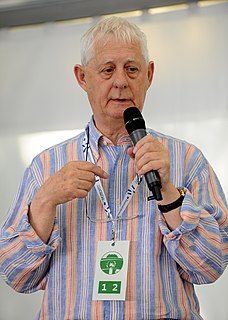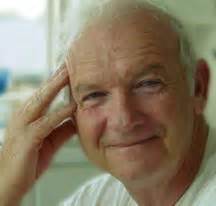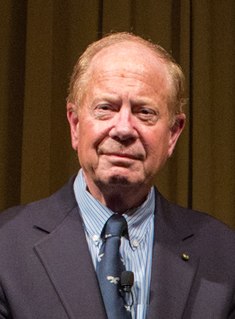A Quote by Ronald Knox
The great argument used now against any theological proposition is not, that it is untrue, or unthinkable, or unedifying, or unscriptural, or unorthodox, but simply, that the modern mind cannot accept it.
Quote Topics
Related Quotes
Yet, isn't it strange, isn't it weird, how we can KNOW that someone is not behaving in the way we imagine, and at the same time we can be totally convinced that he is! How clever the human mind is, that it can accept two contradictory things as 'facts.' Yes, I know that in this case one 'fact' was untrue. But the human mind can KNOW something is untrue and still accept it as a 'fact,' and act on it as if it were true.
To make our position clearer, we may formulate it in another way. Let us call a proposition which records an actual or possible observation an experiential proposition. Then we may say that it is the mark of a genuine factual proposition, not that it should be equivalent to an experiential proposition, or any finite number of experiential propositions, but simply that some experiential propositions can be deduced from it in conjunction with certain other premises without being deducible from those other premises alone.
I am older than you. Believe me, there is no other way to live on earth. Men are not open to truth or reason. They cannot be reached by a rational argument. The mind is powerless against them. Yet we have to deal with them. If we want to accomplish anything, we have to deceive them into letting us accomplish it. Or force them. They understand nothing else. We cannot expect their support for any endeavor of the intellect, for any goal of the spirit. They are nothing but vicious animals. They are greedy, self-indulgent, predatory dollar-chasers
There are only five notes in the musical scale, but their variations are so many that they cannot all be heard. There are only five basic colors, but their variations are so many that they cannot all be seen. There are only five basic flavors, but their variations are so many that they cannot all be tasted. There are only two kinds of charge in battle, the unorthodox surprise attack and the orthodox direct attack, but variations of the unorthodox and the orthodox are endless. The unorthodox and the orthodox give rise to each other, like a beginningless circle-who could exhaust them?





































